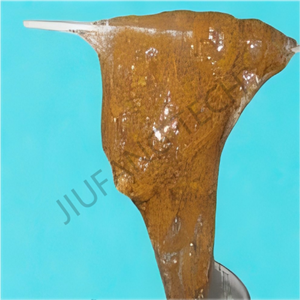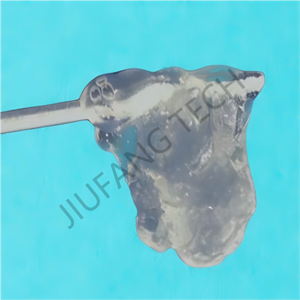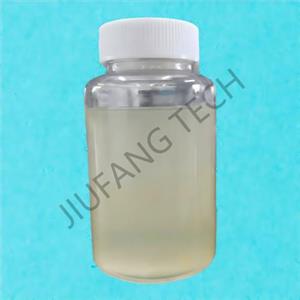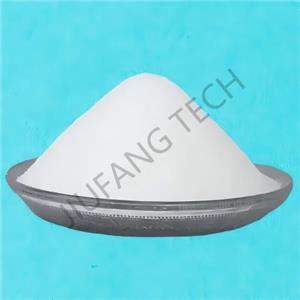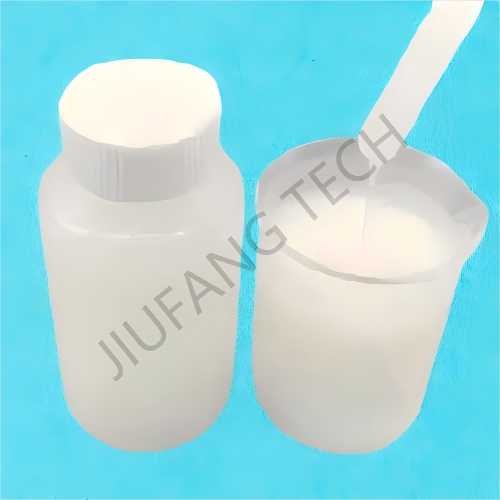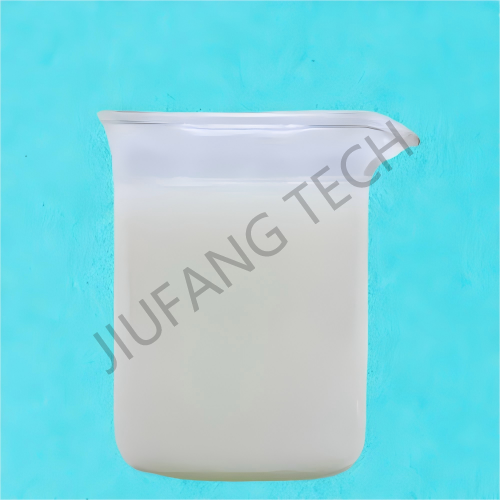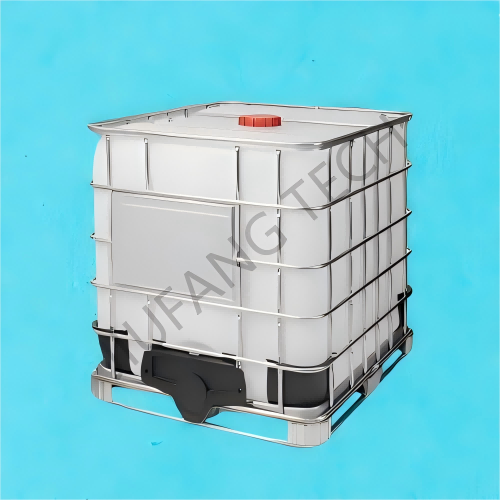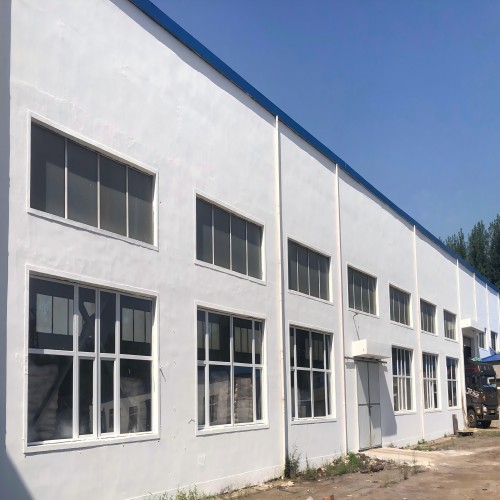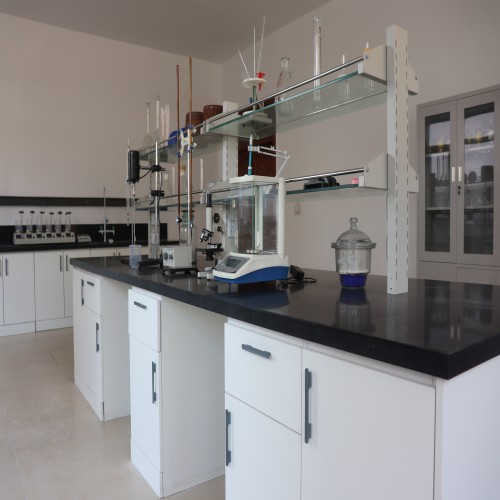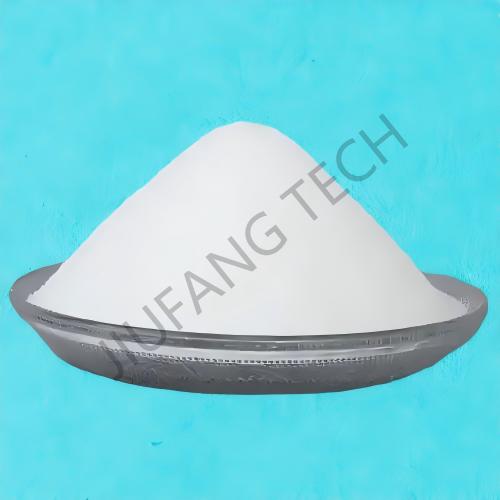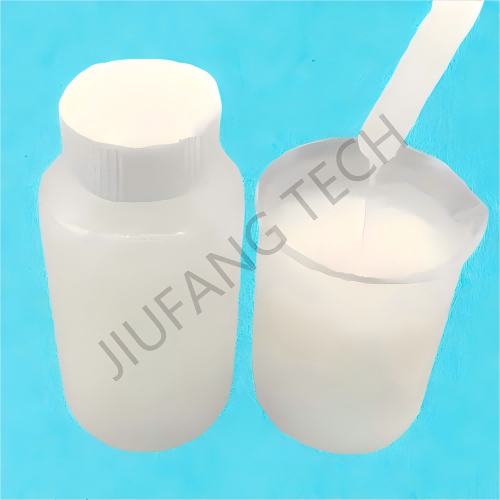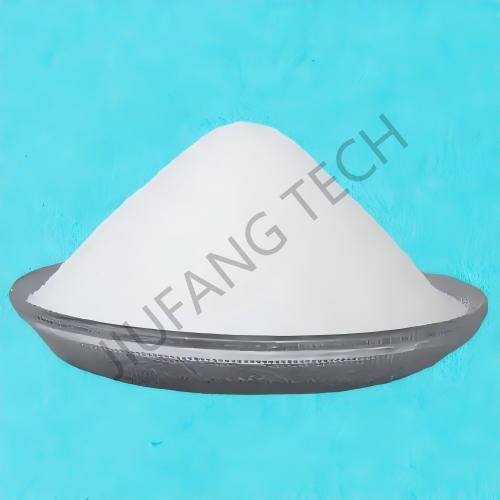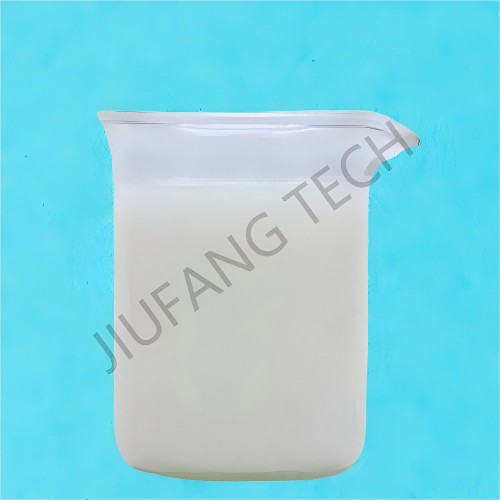
Cationic Polyacrylamide Emulsion For Sewage treatment
Brand Jiufang
Product origin Shenyang
Delivery time Lead time: 7days
Supply capacity 2000Metric Tons per Month
1. Cationic polyacrylamide uses is in dewatering process in STP.
2. Cationic emulsion is high content of polyacrylamide emulsion for sewage treatment.
3. Sewage polyacrylamide polymer could be used for sewage and wastewater treatment.
Download
The cationic polyacrylamide uses (CPAM) in sludge dewatering is determined by chemical properties of cationic emulsion and the core requirements of sludge polyacrylamide polymer dewatering.
The following is a detailed analysis of working principle and necessity of cationic emulsion from multiple perspectives:
1. The Characteristics of Sludge Determine the Need for Cationic emulsion agents Sludge is a solid or semi-solid waste generated during the sewage treatment process. It is mainly composed of microbial cells, organic colloids, inorganic particles, etc.
Its core characteristics are as follows:
Negatively charged: Microbial cells, proteins, humus and other organic colloids in the sludge, as well as some inorganic particles (such as clay), usually carry negative charges on their surfaces. This leads to mutual repulsion between sludge particles, making it difficult for them to coagulate naturally.
High water content: Water in sludge exists in the forms of free water, interstitial water, surface - adsorbed water, and internal - bound water. In particular, the water adsorbed by colloidal particles is difficult to remove only by physical pressing. Therefore, the key to sludge dewatering is to break the charge repulsion between particles, coagulate fine particles into large flocs, so as to release water and improve the filterability of sludge. This process requires the participation of powder CPAM flocculant agents.
2. The Working Principle of Cationic Polyacrylamide emulsion for sewage treatment (CPAM) CPAM is a high-molecular polymer with a large number of cationic groups (such as amino groups, quaternary ammonium salt groups, etc.) on its molecular chain. It can achieve sludge dewatering through the following mechanisms:
Charge neutralization: The cationic groups of cationic emulsion is electrostatically attracted to the negative charges on the surface of sludge particles, neutralizing the negative charge of the particles, eliminating the repulsion between particles, making the fine particles lose stability, and creating conditions for subsequent coagulation.
Adsorption bridging: The long molecular chain of sewage polyacrylamide polymer can connect multiple sludge particles through adsorption, forming a three - dimensional network structure (flocs) of "particle - polymer - particle". The floc structure is loose but has high strength. It can enclose more water and is not easy to break during filtration or pressing, facilitating the passage of water.
Enhanced dewatering performance: The formed large flocs can reduce the blockage of the filter medium (such as filter cloth) and increase the filtration speed. At the same time, the water inside the flocs is more easily squeezed out under pressure, reducing the final water content of the sludge (usually from over 95% to below 80%).
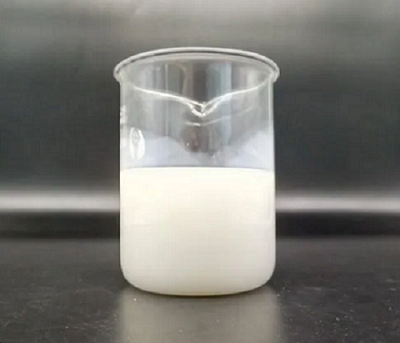
Industry-specific attributes:
| Name | Polyacrylamide (Cationic Emulsion) | |||
| Cationic polyacrylamide uses | polyacrylamide emulsion for sewage treatment | |||
| CAS NO. | 9003-05-8 | |||
Other Attributes:
| Appearance | White cationic emulsion | |||
| Content | 48% | |||
| Viscosity Range(ml/g) | 1200~1600 | |||
| Residue | 0.12% | |||
| Insoluble Substance(%) | 0.1 | |||
| Cationic Charge | 80% | |||
| Dissolving Time,min | 40 | |||
| Storage Temperature,℃ | 0~35 | |||
| Shelf Life,month | 12 | |||
Supply Ability:
| Supply Ability | 2000Metric Tons per Month | |||
Lead Time:
| Quantity(kilograms) | 1~50 | >50 | |
| Lead Time(days) | 7 | negotiated | |

